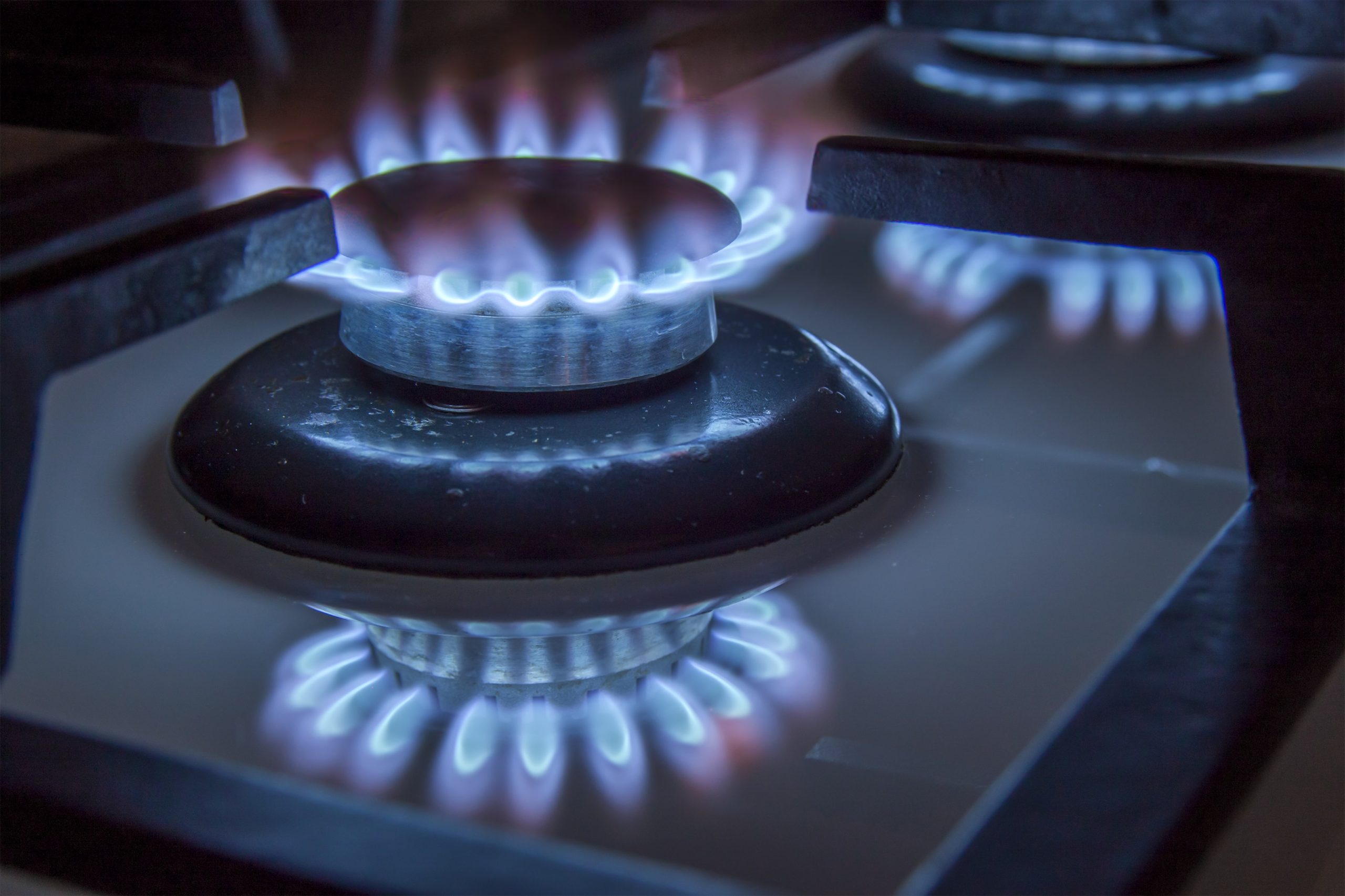Understanding Gas Check Certificates in Milton Keynes: What You Need to Know
In the world of home management and safety regulations, the importance of gas safety can not be overstated. For landlords, homeowners, and occupants in Milton Keynes, acquiring a Gas Check Certificate is a necessary legal requirement. This short article looks into the intricacies of gas safety checks, the significance of the certificate, and the treatments associated with getting one.
What is a Gas Check Certificate?
A Gas Check Certificate, frequently described as a Gas Safety Certificate, is a document issued by a qualified Gas Safe registered engineer after conducting an extensive inspection of gas home appliances, fittings, and flues within a residential or commercial property. This certificate validates that the appliances are safe to utilize and abide by the necessary safety standards.
Why is it Essential?
- Legal Requirement: In the UK, proprietors are lawfully mandated to ensure that their gas appliances are examined every year. Failure to do so can cause severe penalties, consisting of fines or legal action.
- Safety Assurance: The certificate works as evidence that the gas home appliances in a property have actually been examined and deemed safe, minimizing the danger of gas leaks, surges, and carbon monoxide gas poisoning.
- Peace of Mind: For tenants, having a Gas Check Certificate supplies reassurance concerning their safety and wellness, therefore promoting a relying on landlord-tenant relationship.
The Process of Obtaining a Gas Check Certificate in Milton Keynes
Action 1: Find a Qualified Gas Safe Engineer
To initiate the process, property managers or house owners need to work with a Gas Safe registered engineer. This can be done through recommendations, online searches, or expert organisations. It's vital to make sure that the engineer is fully certified and registered, as this will guarantee compliance with legal requirements.
Action 2: Schedule an Inspection
Once an ideal engineer has been located, the next action involves scheduling an inspection. The engineer will examine all gas devices, including:
- Boilers
- Gas fires
- Cookers
- Hobs
- Gas meters
Action 3: The Safety Check
Throughout the inspection, the engineer will carry out several vital checks, including:
- Functional Testing: Ensuring that all appliances are working appropriately.
- Ventilation Checks: Assessing whether devices are effectively ventilated to prevent harmful gases from collecting.
- Flue Examination: Examining flues for blockages and ensuring they are fitted properly.
- Pressure Test: Checking for gas leakages and measuring gas pressure levels.
Step 4: Issuance of the Certificate
If an engineer recognizes problems, they will offer a report detailing the necessary remedial actions. Once all home appliances pass their inspections, the engineer will provide a Gas Check Certificate. This file needs to be kept file and can be offered to renters upon request.
What Happens If the Inspection Fails?
- Immediate Action Required: If any gas home appliances are discovered to be hazardous, property owners are required to take immediate action. The engineer may disconnect the appliance, and it is then the landlord's responsibility to set up repairs.
- Re-inspection: Once the required repairs have actually been made, a re-inspection will be needed before a brand-new Gas Check Certificate can be released.
- Record Keeping: It's vital for property owners to preserve records of any examinations, repair work, and certificates provided. This paperwork can be essential for compliance and transparency.
Costs Involved in Obtaining a Gas Check Certificate
The expense of acquiring a Gas Check Certificate can differ based upon numerous elements, including:
- Size of the home
- Number of appliances
- The engineer's rates
Usually, landlords can expect to pay in between ₤ 60 to ₤ 120 for the inspection and issuance of a certificate. While this may appear like a significant expenditure, it is a small rate to pay for making sure the safety of tenants and the property itself.
Frequently Asked Questions (FAQs)
1. How frequently do I need a Gas Check Certificate?
Landlords are required to get a Gas Check Certificate a minimum of as soon as per year for each residential or commercial property they lease out. House owners ought to also consider regular checks to guarantee their own safety.
2. What if my gas device is unsafe?
If an engineer determines that a device is unsafe, they will disconnect it and advise you on the required steps to take. Immediate remedial action is vital to ensure safety.
3. Can I finish the gas safety check myself?
No, only a certified and Gas Safe registered engineer can carry out a gas safety check. Trying to carry out the inspection without correct training and certifications can pose major risks.
4. For how long does the inspection take?
A normal gas safety inspection can take anywhere from 30 minutes to an hour, depending on the number of devices and the intricacy of the setup.
5. Is there a penalty for not having a Gas Check Certificate?
Yes, property owners who stop working to obtain a Gas Check Certificate can deal with legal penalties, consisting of fines of as much as ₤ 25,000, and even imprisonment in extreme cases. Additionally, landlord gas safety certificate milton keynes haewarrick.top may likewise undergo civil claims from renters in the occasion of gas-related mishaps.
A Gas Check Certificate is not only a legal requirement for landlords in Milton Keynes however likewise an important element of making sure the safety and well-being of renters. By understanding the process, obligations, and implications involved in the certification, both proprietors and homeowners can foster a safer living environment. Prioritising gas safety checks shows a dedication to health and safety and enhances trust within the landlord-tenant relationship.

